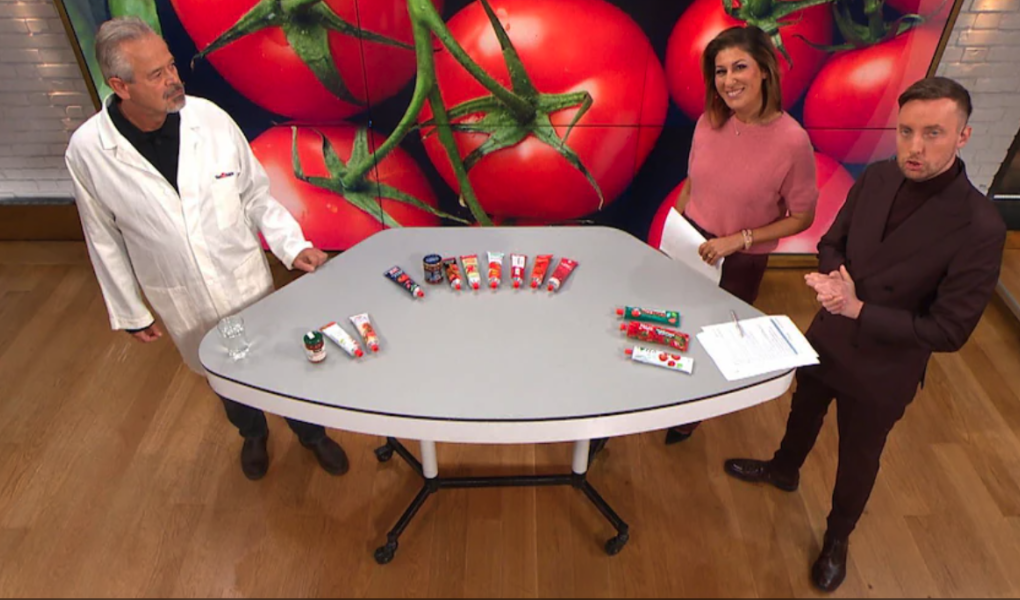A total of 14 tomato paste products sold in Swedish supermarkets were analysed. Several brands contained so-called Alternaria toxins — mould toxins that can form when tomatoes become mouldy during cultivation or storage — at levels three to seven times higher than EFSA’s indicative thresholds.
Testfakta commissioned MeasurLabs in Finland to organise and quality-assure the analysis, which was carried out at an accredited food laboratory. In addition to mould toxins, residues of pesticides were also analysed — in total 644 different compounds.
“It is most likely that the toxins were formed in tomatoes that became mouldy during cultivation or after harvest. If these tomatoes are not sorted out before being processed into tomato paste, the toxins spread throughout the product. The toxins are also heat-stable, so once they are present, they remain in the final product,” says Pasi Tuomikoski, food chemist at MeasurLabs.
It is important to emphasise that none of the tested products are illegal to sell. EFSA has not yet established binding limits for Alternaria toxins, but only indicative levels that serve as early warning signals for food producers.
According to EFSA, there is a theoretical risk of genotoxic effects from a daily intake exceeding 2.5 nanograms per kilogram of body weight. For an adult weighing 60 kg, this corresponds to 150 nanograms per day – a level reached in this test at a regular consumption of about 2 grams of tomato paste per day from the product with the highest concentration.
“For consumers it is difficult to protect themselves against toxins in processed products, since they have neither taste nor smell. AOH and AME are not acutely toxic, but long-term exposure may have health effects,” says Åsa Svanström, microbiologist at the Swedish Food Agency.
In addition to the mould toxins, traces of pesticides were found in eleven of the fourteen products, although all levels were below the applicable limits. Three brands – Itigo, Änglamark and Kung Markatta – were completely free from residues.
The results indicate that producers need to improve sorting and quality control in their raw-material handling. There is no acute health risk for consumers, but the findings underline the importance of vigilance in cultivation and processing.

